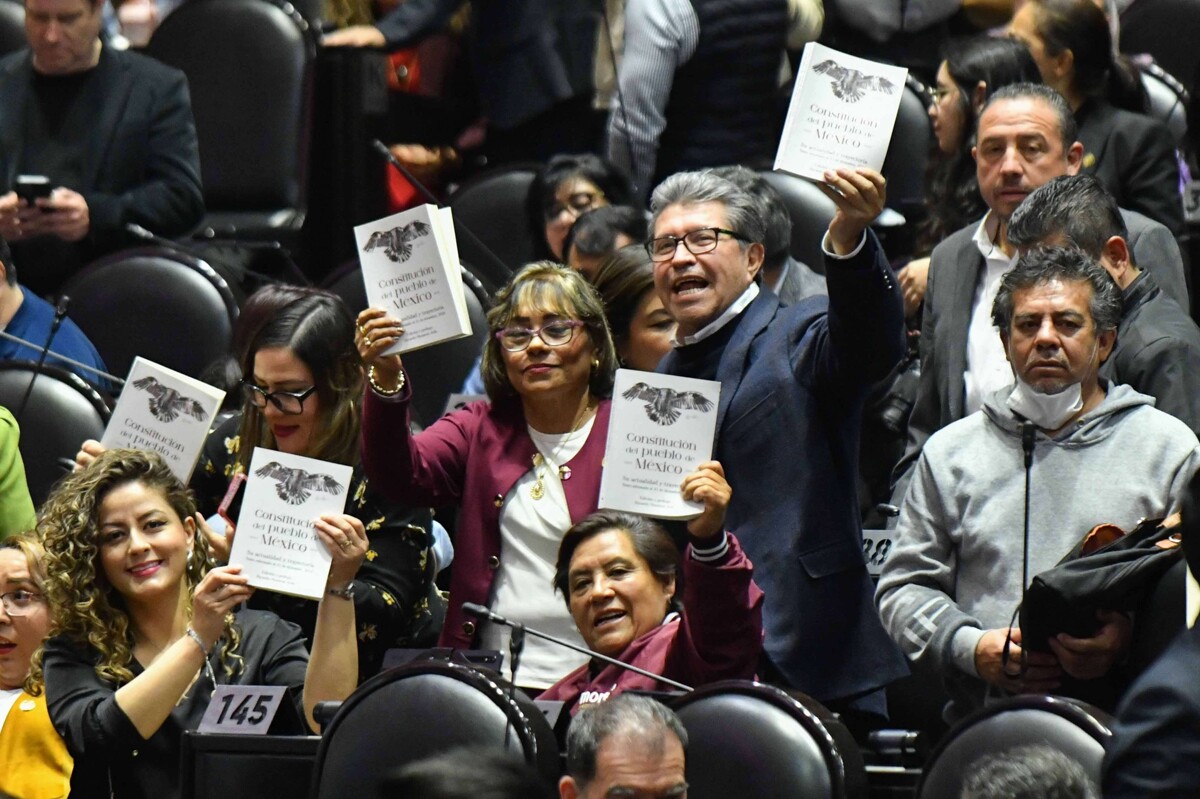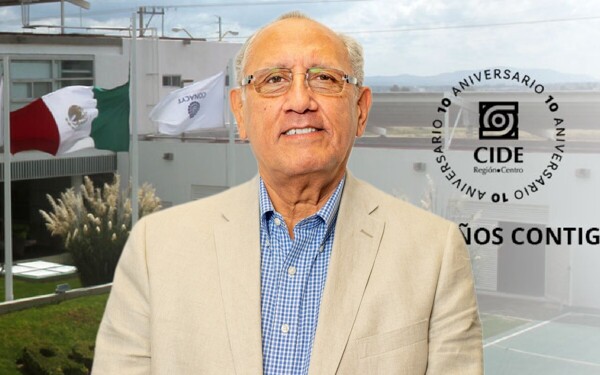
The consecutive reelection of federal and local legislators is in danger of disappearing with the constitutional reform promoted by Claudia Sheinbaum. So far this century, electoral reforms have sought to resolve conflicts and controversies from previous elections, such as the Political Communication Model or the prohibition of party political participation by unions.
In 2014, during the Pact for Mexico, the PAN managed to introduce consecutive reelection of legislators as a condition to continue with other reforms, even though this measure was not a popular demand and citizen trust in legislators was low. Reelection creates inequality by giving reelection-seeking legislators resources that new candidates do not have access to.
Reelection fosters relationships with interest groups, facilitates communication with lobbyists and advocates, and creates an uneven playing field. Defenders of reelection argue that it gives citizens the right to reward or punish with their vote, facilitates legislative professionalism, and reduces party control over legislators.
However, immediate reelection entails various distortions, such as the atrophy of political capillarity, the disenfranchisement of young people from politics, a reduction in turnover in representative positions, the promotion of local caciquism, and a lack of generational change. This measure also affects community cohesion by incentivizing disinterest in participation and party switching.














